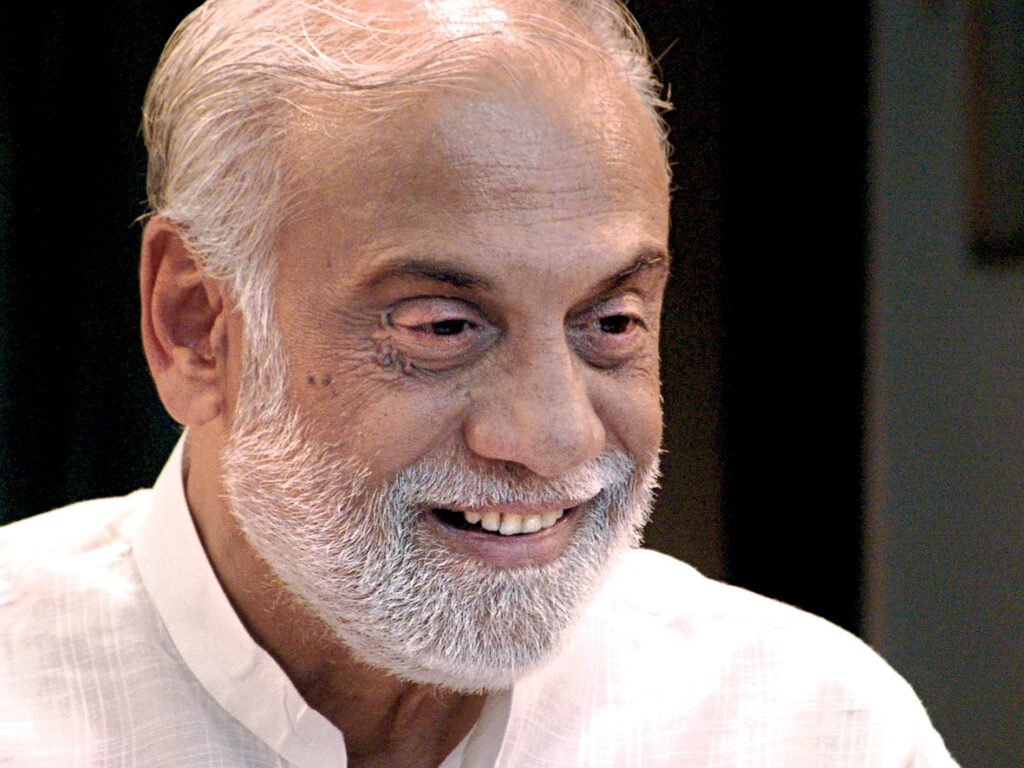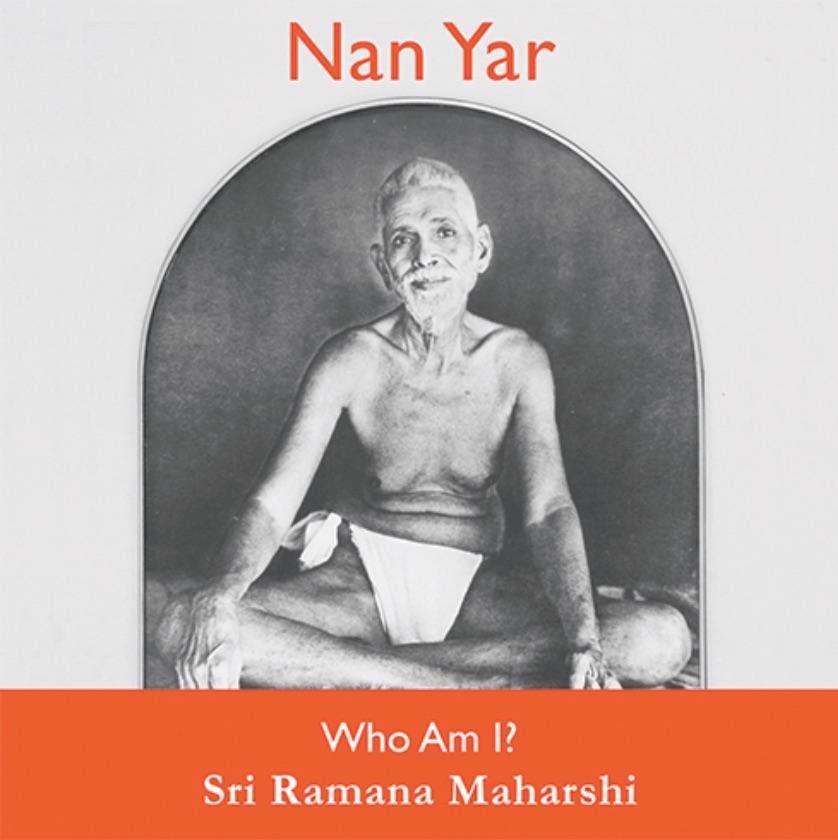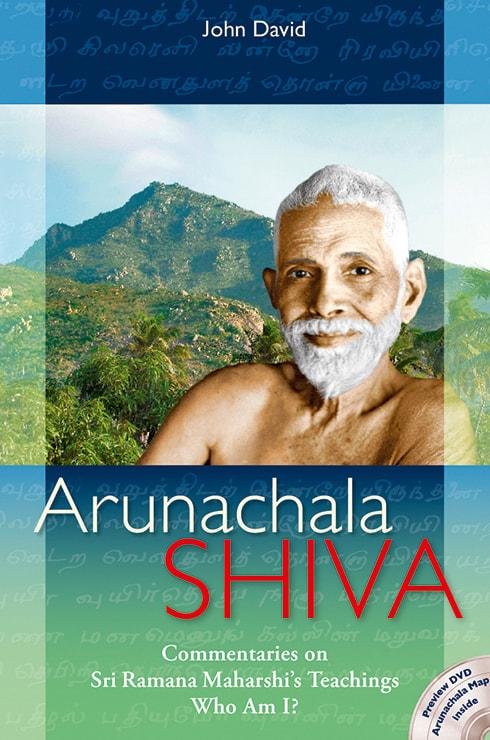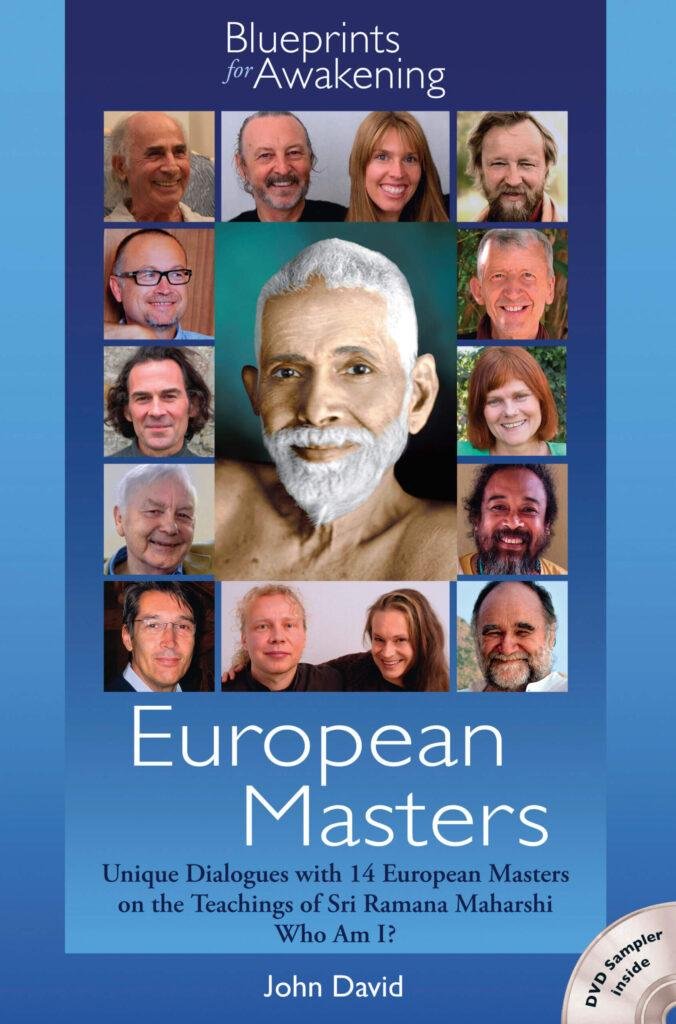Kiran
Enlightenment is not something that you can search for. When all searching ends, when you just stop, when you’re still, then something opens up from inside. The search is from the mind, and awakening, the clarity that you see, the inner state of awakening, is when the mind ceases.
– Kiran
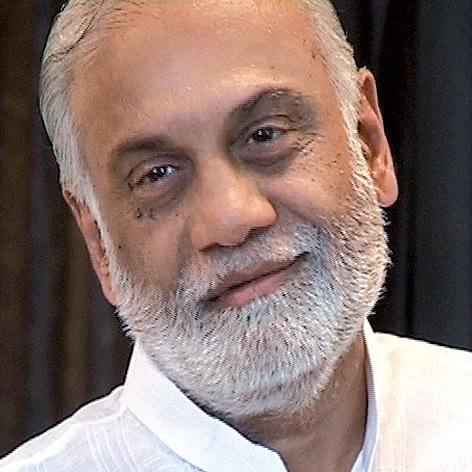
Full Interview with Kiran by John David
This interview with Kiran was conducted in 2004. It was our first and only meeting. He sat relaxed on a sofa swinging from the ceiling in a large airy living room. Some of his Indian disciples were present. When asked about his biography, Kiran immediately replied: ‘I have no biography.’ He felt very much with himself. Kiran was a modern spiritual teacher, a businessman, householder and family man.
– John David
Questions and Answers
Sri Ramana proposed the fundamental question, ‘Who am I?’* Who are you?
Many Western seekers come to India looking for enlightenment as if it is an experience. What is enlightenment?
Are there any qualifications for enlightenment? Is sadhana (spiritual practice) necessary? If yes, what form do you advise?
Sri Ramana said that Self-enquiry is the most direct route to realising the Self. What do you say about Self-enquiry? How to conduct Self-enquiry?
When Sri Ramana was asked, ‘When will the realisation of the Self be gained?’ he replied, ‘When the world which is what-is-seen has been removed, there will be realisation of the Self which is the seer.’* What is the true understanding of the world? How to remove the world?
It has been suggested that the mind must be destroyed for liberation to occur. Do you have a mind? Sri Ramana used the term manonasha to describe the state of liberation, meaning destroyed mind. How to destroy the mind?
What about vasanas, the tendencies of the mind? Must these be removed before Self-realisation can become permanent? Is it enough to achieve asattvic (calm and peaceful) state of mind and to know one’s vasanas so that they no longer bind? How to remove the vasanas?
At the end of his book, Self-Enquiry, Sri Ramana says, ‘He who is thus endowed with a mind that has become subtle, and who has the experience of the Self is called a jivanmukta.’ Is this the state that can be called Self- realised?
He goes on, ‘And when one is immersed in the ocean of bliss and has become one with it without any differentiated existence, one is called a videhamukta. It is the state of videhamukti that is referred to as the transcendent turiya (state). This is the final goal.’ Is this the state that can be called enlightenment?
It appears essential to meet a guru and stay with that guru. Who is the guru? What is the guru’s role? How to recognise a true guru?
Sri Ramana’s devotees had tremendous devotion to him, and he to Arunachala. Please say something about bhakti, devotion, in the pursuit of awakening.
Seekers often have curious ideas about the enlightened state. Please describe your typical day and how you perceive the world.
You have given us a profound discourse on awakening. When you meet a passion for awakening, what would your short advice be?
Kiran teachings
Self-Realization
Kiran emphasizes the importance of self-realization, encouraging introspection through questions like “Who am I?” This process is aimed at uncovering one’s true nature beyond the ego and physical existence.
Ego and Identity
A significant part of Kiran’s teachings involves confronting and understanding the ego. It’s about recognizing the limitations imposed by one’s ego and moving beyond it to realize the true self.
Role of the Guru
Kiran views the guru as crucial in guiding individuals towards spiritual awakening. The guru helps in removing ignorance, leading to a deeper understanding of the self.
Inner Transformation
Transformation and evolution of the self are key to Kiran’s philosophy. This involves understanding one’s existence beyond the physical and recognizing the spiritual essence within.
Meditation and Self-Enquiry
Practices like meditation and self-enquiry are vital in Kiran’s teachings. They lead to deeper understanding and realization of the inner self, eventually achieving enlightenment or a state of oneness.
Universal Spirituality
Kiran’s teachings also suggest that spirituality transcends regional and cultural boundaries, emphasizing its universal nature.
appears in
Blueprints for Awakening – Indian Masters
Indian Spiritual Masters
John David has been interviewing sixteen important Indian Spiritual Masters. The result is a compendium of astonishing wisdom about the biggest secret of all times: the Nature of our True Self and how to realise it.
This boock answers all questions of the spiritual search and is for everyone who has an inner passion to find out who they are.
Published in two volumes.
Kiran is part of Volume II.
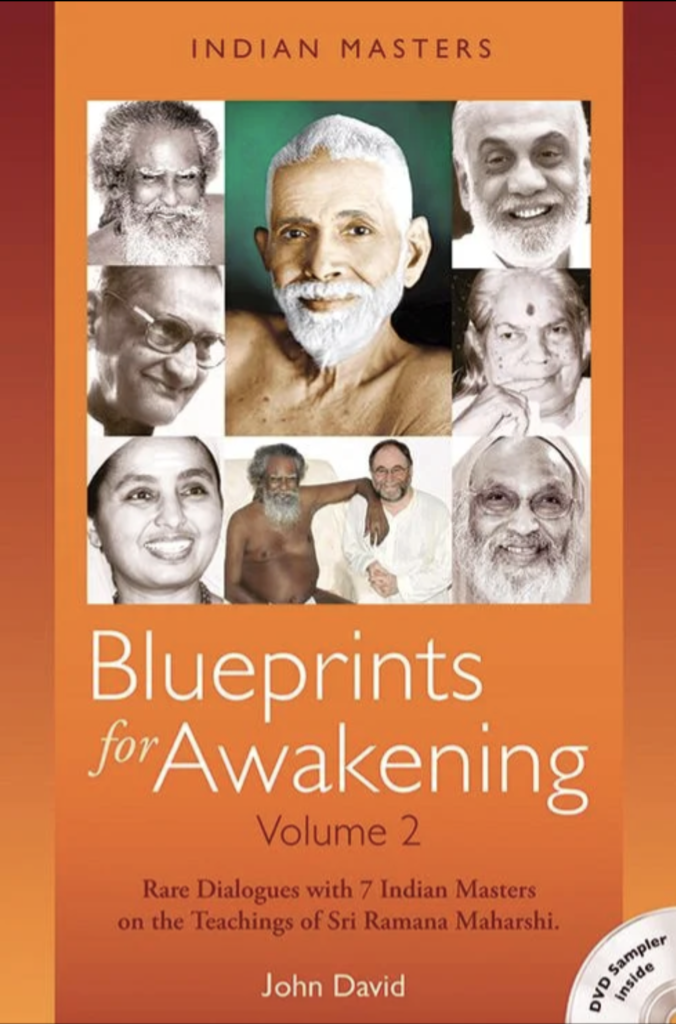
Other Ramana Maharshi Books
NEW: Aham Sphurana – A Glimpse of Self Realisation
Fascinating dialogues and stories of Sri Ramana Maharshi recorded by Sri Gajapathi Aiyyer in the summer 1936, at Ramana Ashram.
This book contains a selection from the complete manuscript Aham Sphurana. This selection, a brilliant treasure, speaks for itself. Beside the detailed teachings on Self-Enquiry, Surrender and Jnana, it exposes a new glimpse of Bhagavan’s personal day-to-day life at fifty-six, in his middle age.
The Book is available in English and German, as Ebook and Paperback.
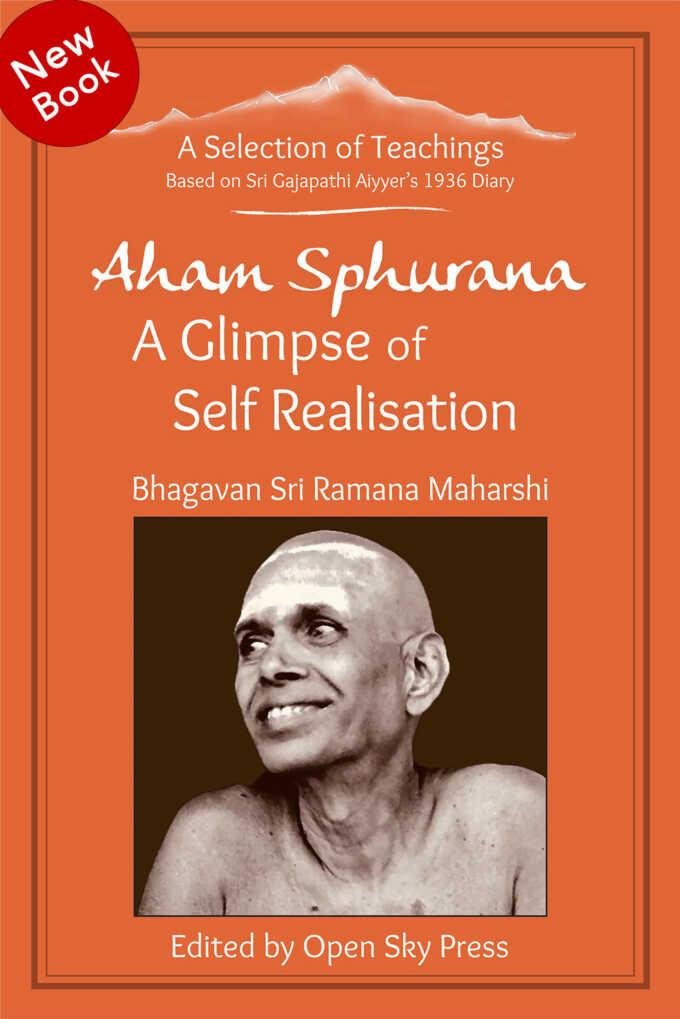
Biography
Kiran was born in 1941, he studied Hindu philosophy at the Sanskrit College in Thane. In 1967 he became a disciple of Osho while pursuing the life of an industrialist and a householder. Following Osho’s 1981 departure from India for the United States, Kiran sought out a number of other gurus.The one who influenced him most was U.G. Krishnamurti. In 1993 he began to teach. He left his body in March 2006, aged sixty-five.
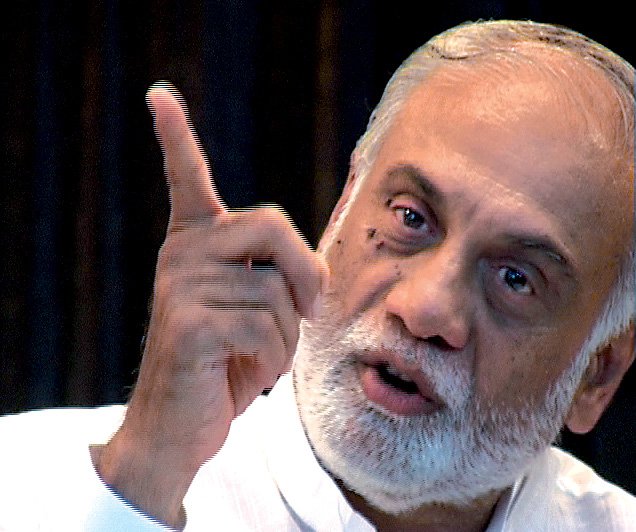
There is no path. The path is created by the mind. It’s like flying into the sky. It’s an open sky, free sky, you just have to open your wings and take a jump.
– Kiran
